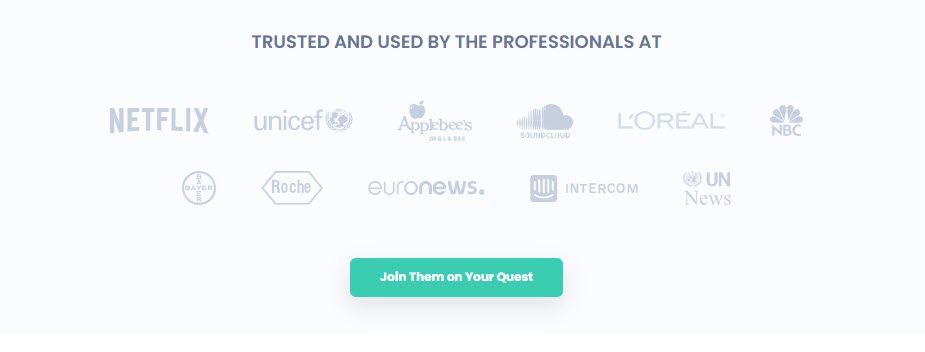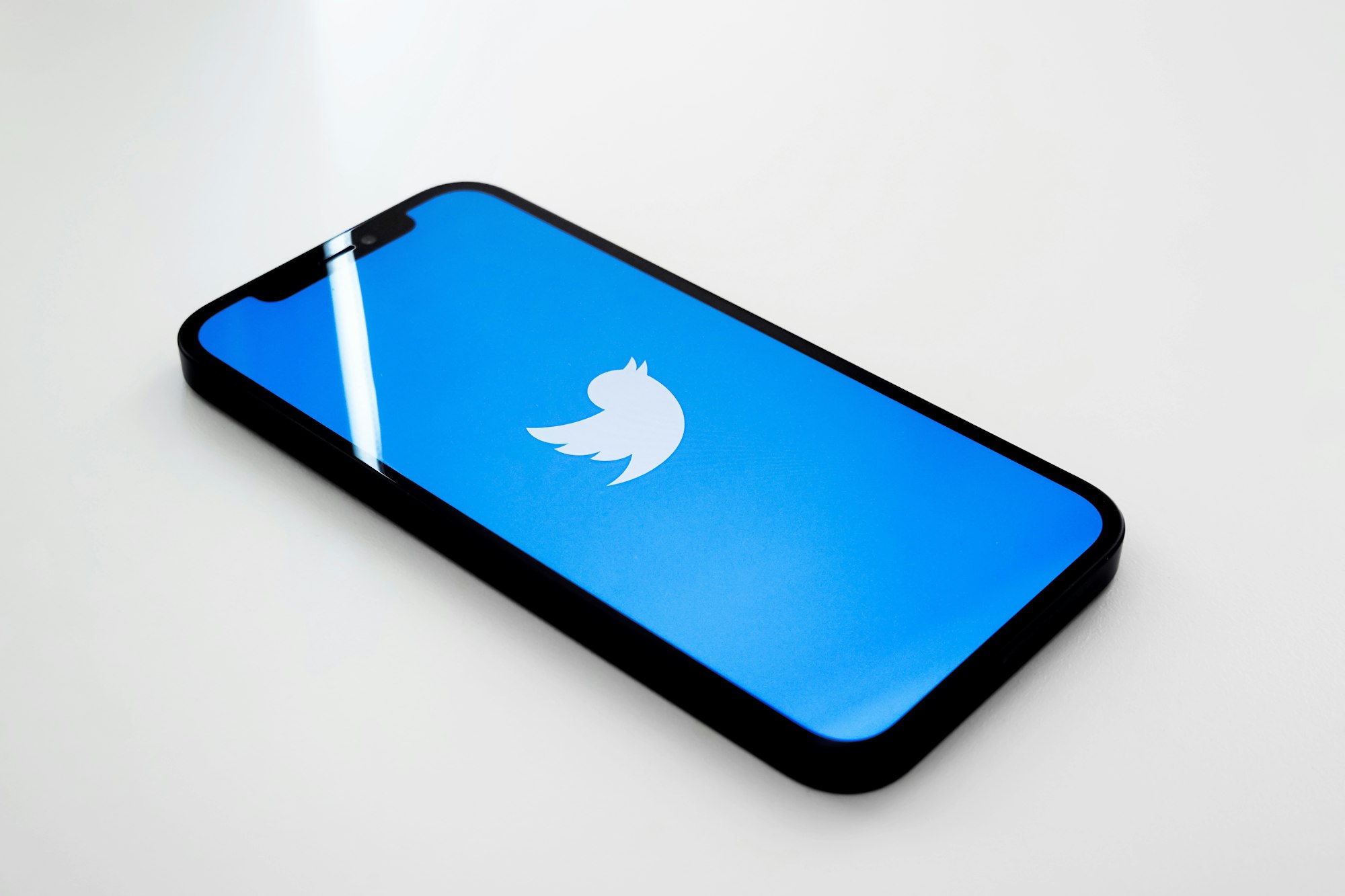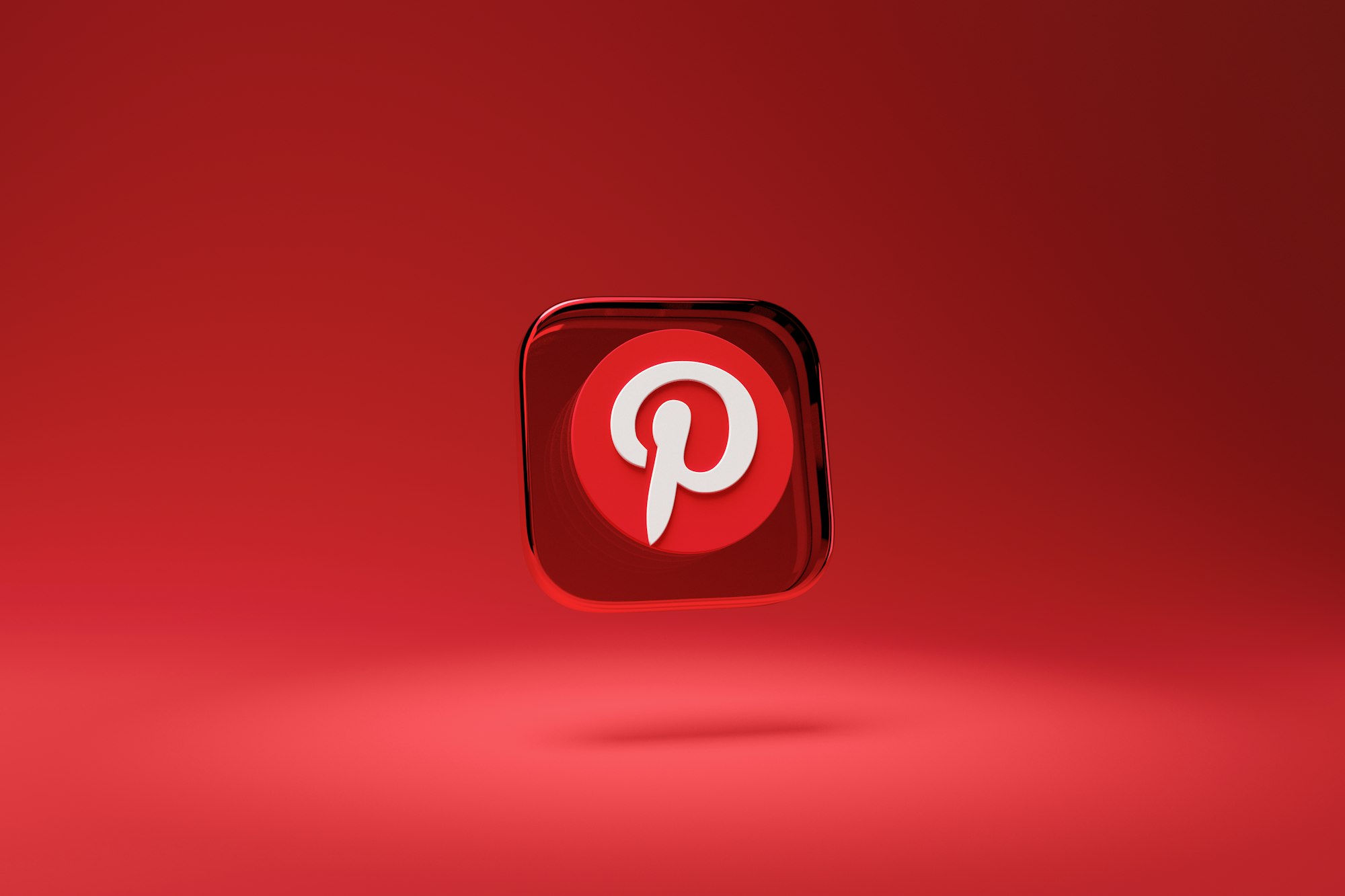Snapchat was launched in 2011 and swiftly rose to become one of the most popular social media platforms in the 2010s.
Despite being one of the most popular social applications of the decade, the platform's active users have declined in recent years. Snapchat has 280 million active users in the first quarter of 2021, making it the 12th most popular social media site. Facebook, Instagram, and Twitter continue to dominate, with TikTok in fourth place and lots of space for development.
As you see, the last decade has seen the rise of many social media platforms like Facebook, Telegram, and WhatsApp. Despite having several options, we still have limited creativity and time. So what do we do? Are we giving up using some platforms? Actually, no. But we are using them in an uncreative, ineffective way. Many users now explore apps like Snapchat to reconnect with a fresh, engaging social media experience.
Social media management tools save our time and energy. Circleboom Publish supports Instagram, Twitter, Facebook, LinkedIn, Pinterest, and Google Business Profile. You can easily connect and control your multiple accounts on these platforms with Circleboom.
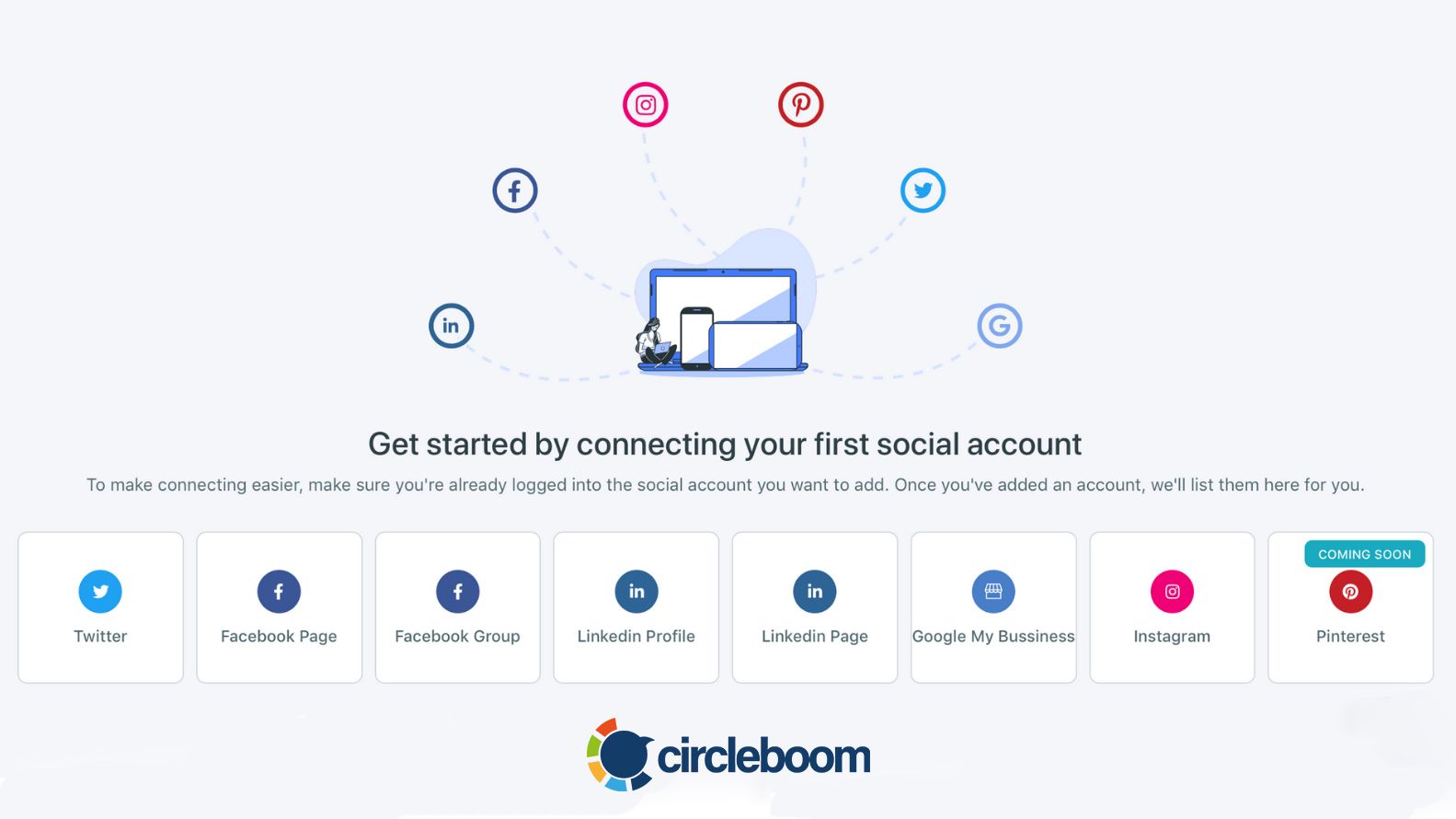
Why do people ask this question?
Back a few years, something felt horribly wrong at Snap Inc.
Instagram has stolen and enhanced Snapchat's Stories feature, decreasing Snapchat's attraction. In 2018, its Android app didn't perform effectively, which was a significant issue given that more than two-thirds of the globe didn't own an iPhone.
A makeover failed, and there was a personnel exodus, including top leaders such as Imran Khan, the former chief strategy officer, who left to launch an eCommerce business. Meanwhile, freshly public Snap Inc. failed to reach performance goals promised to Wall Street, disappointing observers who may help alter a stock's general impression and impact its direction. And for a while, the stocks appeared to be in free fall.
You can get a better understanding of the downfall of Snapchat and its recovery via this Forbes Article. From this perspective and time interval, it is clearly seen that Snapchat lost its popularity and the trust of shareholders and users. This could have been led to a total shutdown of Snapchat.
But somehow, it did not happen. Is Snapchat dead?
Background of Snapchat
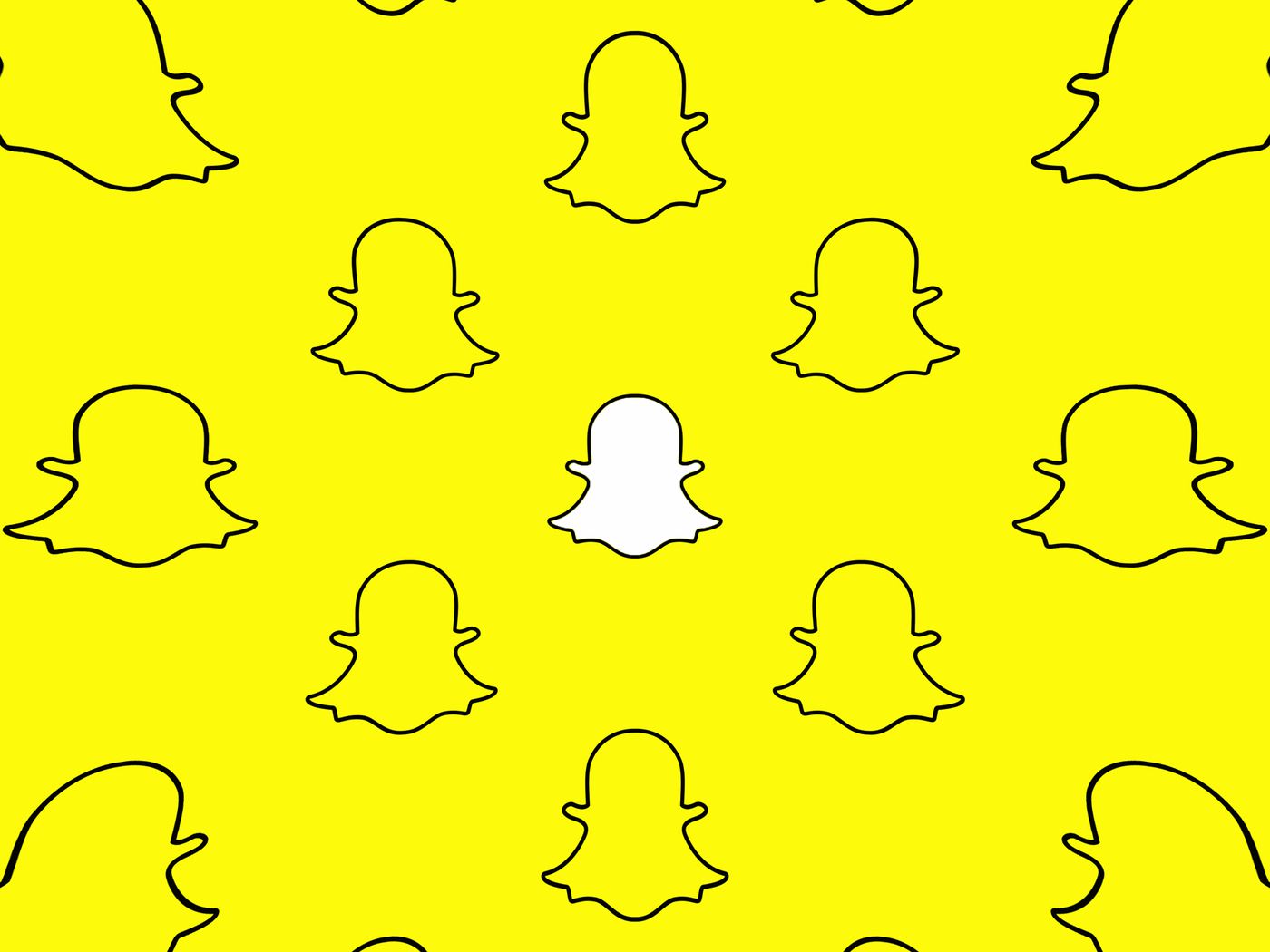
When Snapchat first began in 2012, when we were still using Vine instead of TikTok, it wasn't meant to be a vehicle for nostalgia. People joined Snapchat, like any other social media network, because their peers did – because it was hip. We all want to go where the folks are, and Snapchat had an iron grasp on the under-25 demographic in the mid-2010s.
Unlike Instagram, Twitter, or Facebook, where posts could be seen indefinitely, Snapchat required you to be actively engaged to know what was going on. Users have to reload many times simply to keep up. Our dread of missing out was exploited by the tension of a one-second picture or a 24-hour tale.
Snapchat popularity was at its peak around 2015, everybody was on Snapchat, and they were actively using it. I remember back in time (by the way, I was not using Snapchat till 2020, I had never created a Snapchat account before that date); everybody in my social circle was on Snapchat and maintaining their social interaction through that.
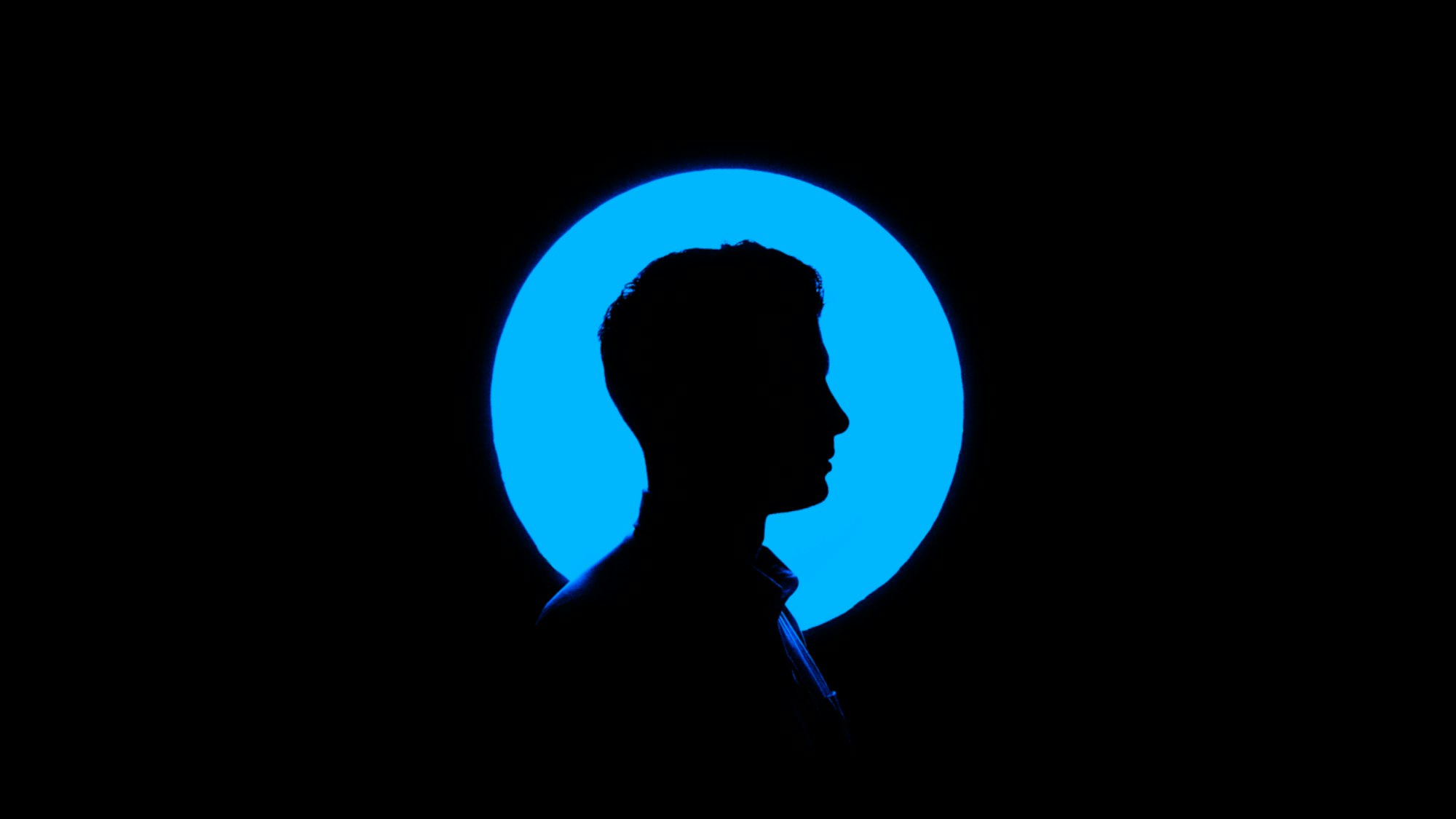
Everything was going perfectly for Snapchat till 2016. You may remember those times when Instagram announced that they would add a short story to their platform, which imitates the many features of Snapchat.
Instagram opted to blend the best of Snapchat with its existing robust platform. Why would users prefer Snapchat when Instagram has everything used to make it unique?
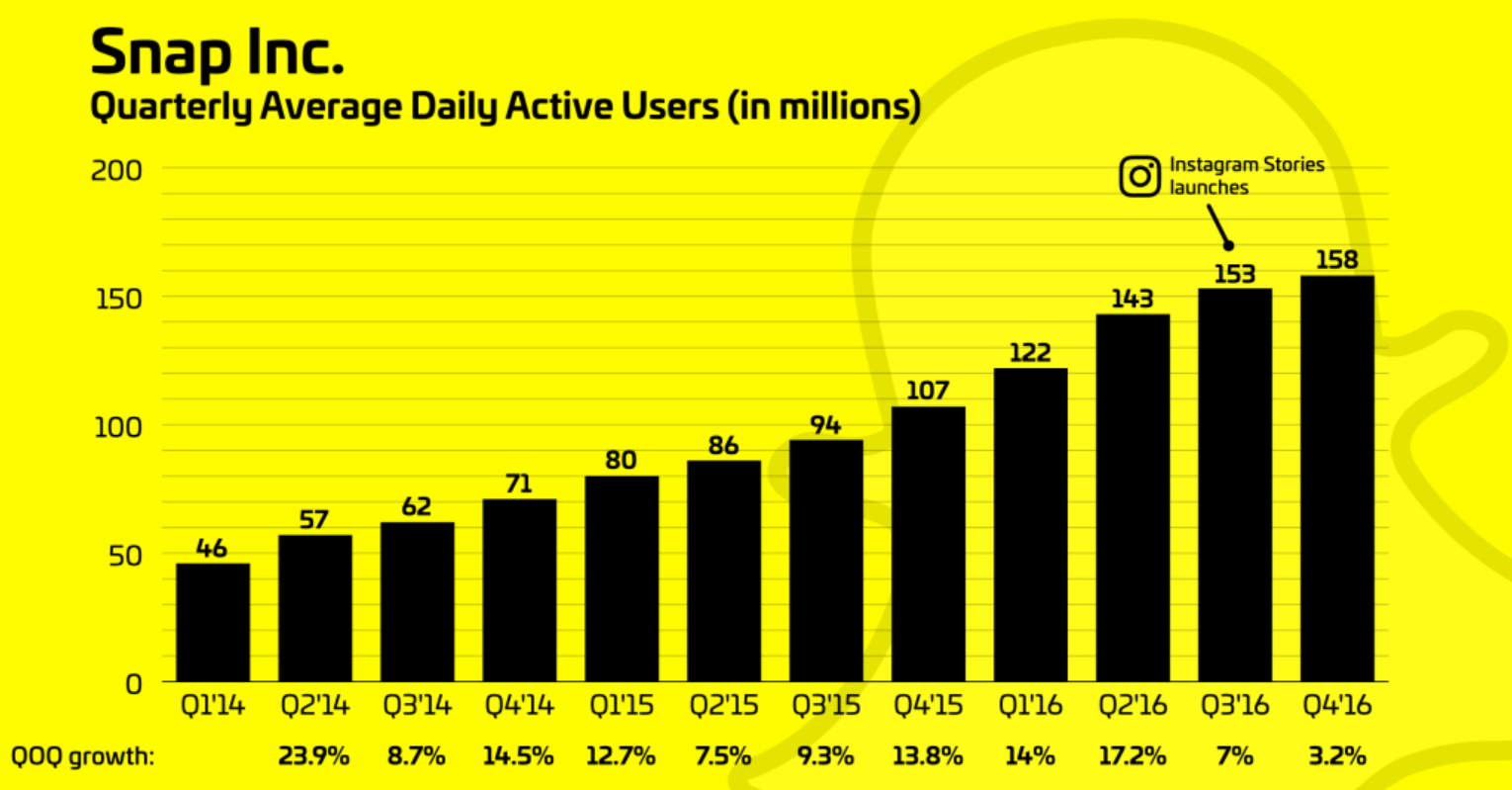
The Decline
The decline of Snapchat’s popularity continued after the introduction of stories by Instagram. While Instagram became the star of social media, Snapchat turned into a forgotten one.
The first issue was in 2016; however, the real kicker of the app arrived in 2020. Like most everything in our life, the Pandemic made a complete fool of Snapchat this year. Why? There'd be nothing to photograph. The premise of documenting your everyday life had been utterly shattered; everyone was living the same energy, and it wasn't worth talking about. When the epidemic hit, I stopped Snapchatting my friends nearly entirely, except for a few posts on my personal story. It even began to seem strange to be on the app—almost childish.
Was the situation really that bad?
Now, in this writing, everything may sound really catastrophic for Snapchat. It was a bit like that indeed. Snap's stock plummeted from $27 per share when it went public in March 2017 to less than $6 by December 2018.
At the time, things appeared to be moving quickly ahead of Snap's first public offering, and Facebook investors were anxious that Snap — which had turned down Facebook's purchase overtures — would take away the social giant's subscribers. Facebook replied by incorporating Snapchat's most notable feature, Stories, into all of its applications.
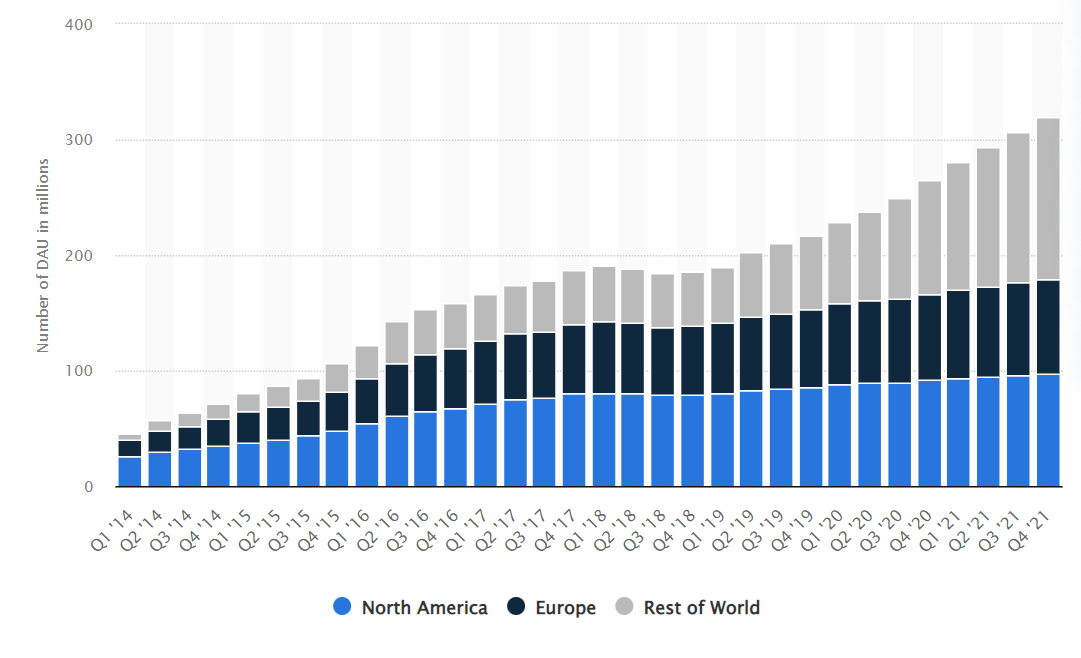
The 2017-2018 period seemed to be the worst period for Snapchat’s history.
What about now?
Yes, you see, right. I believe the graph above stole your attention. Although the number of users drastically shrank around 2018 in the companion of Snapchat Stock, they both recovered their numbers and growth rate.
Snapchat's use and income increased significantly in 2021 as the social media pioneer prepares to compete with larger rivals Instagram and TikTok.
Snap emphasized the expansion of its TikTok-like 'Spotlight,' which, besides being a feed of short video clips, also offers monetary incentives – up to $1 million per day – for the best, most engaging Spotlight videos.
Several developers have gained large sums of money from the option, which has most certainly contributed to the option's increased popularity.
Snapchat estimates that most of its daily users were on the Android version of the app for the first time in Q1.
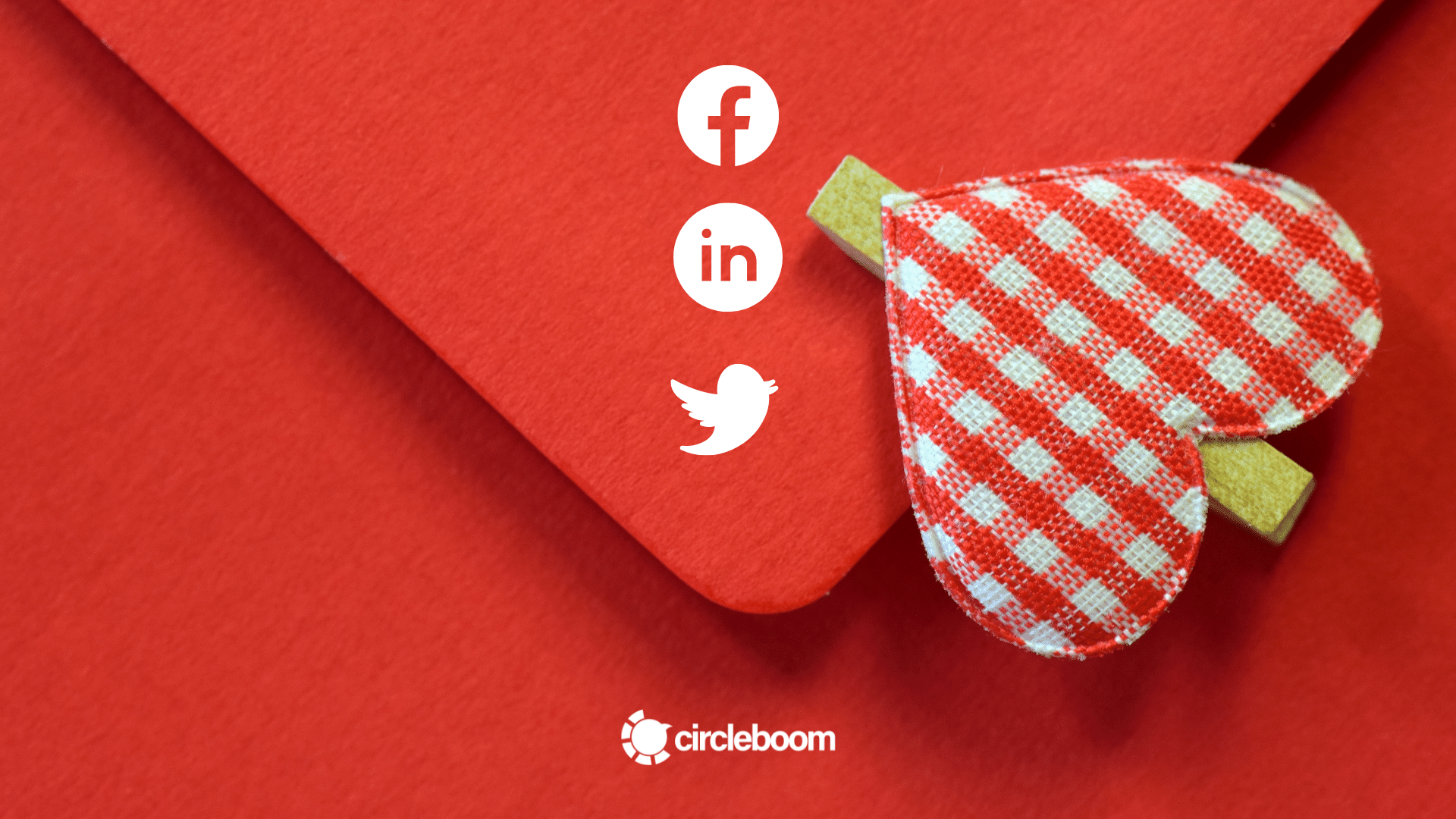
Snapchat also released its first Snap Original for the Indian market in the third quarter, a localized version of 'Phone Swap.' The social media app currently has over 60 million users in India, closing in on its most popular usage areas.
Their stock price skyrocketed to 80 dollars! (Though it is around 35 now) You can get more detailed financial info about Snapchat through WSJ.
We can clearly state that the challenging years of 2017-2018 were taken care of professionally. The sound strategies and problem-solving attitudes of Snapchat saved the company from becoming an old useless app back in its mighty days.
So it is not dead?
Figures clearly exhibit that Snapchat is back on its rail to grow further, like the 2012-2016 period.
Why do we feel like it is outdated if it is the case?
You are in this because you asked the same question, I believe.
I would prefer a philosophical method to answer this question, and simplicity is the key. The technique is called “Ockham’s Razor." We should opt for the most simple and explaining answer. We feel like it is outdated because we have grown up.
It is definite that Snapchat is mainly used by high school and college students. You remember those times when Snapchat was popular like mad, right? Think again; I believe you were in high school or college at those times. This is definitely the case for me.
You can download the Snapchat app for android devices or ios devices.

Final Thoughts
As we said, Snapchat is for younger generations. You may consider other social media platforms like Instagram, Twitter, and Facebook rather than Snapchat.
I have an excellent recommendation for that matter!
If you want to manage your profiles more professionally and get a better understanding, reach, and insights, you should listen to me carefully!
If you're tired of managing multi or all your social media accounts separately, then Circleboom multi-social media account management tool is for you.
Circleboom Multi account manager makes it easy to plan your content calendar and schedule them to publish on Instagram, Facebook, Twitter, Linkedin, and Google Business Profile in one place.
You don't need to spend hours a day planning your next extensive social media campaign when Circleboom Publish can do it for you in minutes.
Maybe our times for Snapchat have passed, but you can have more fun and engagement on other platforms via Circleboom Publish!
